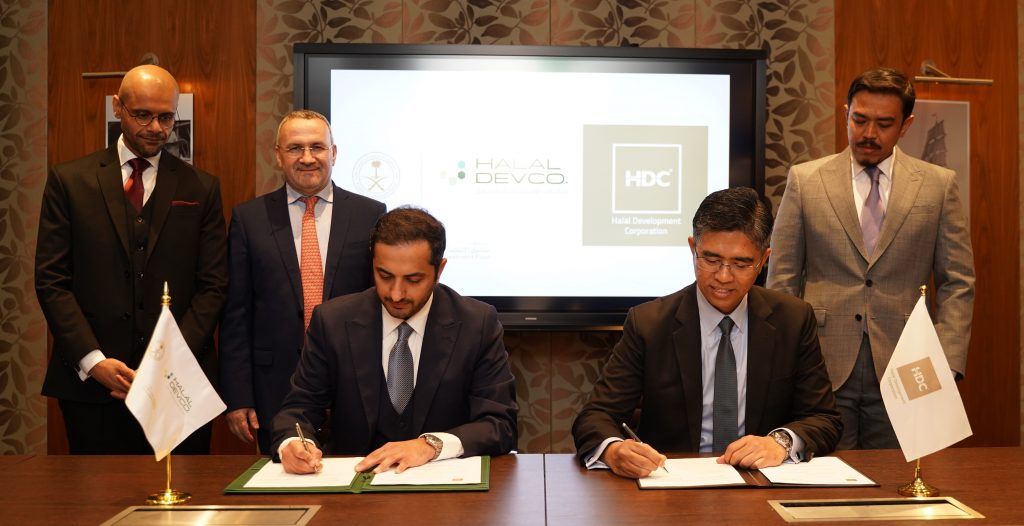Perhaps it’s time for France to take a deep breath.
First the country went through histrionics as parliamentarians bustled to ban the niqab — the face-covering garment that only a few hundred Muslim women wear in this nation of 65 million people. Then came President Nicolas Sarkozy’s push for a debate on national identity, a move that critics claimed stigmatized immigrants and Muslims. Now France is demonstrating what looks like a neurotic obsession with Islam — if not outright Islamophobia — as it frets over the halal hamburgers that are sold in a handful of the 362 French affiliates of Franco-Belgian fast-food chain Quick.
The latest brouhaha was sparked by René Vandierendonck, the socialist mayor of the northern city of Roubaix, who this month railed against his local Quick outlet over its Nov. 30 decision to remove bacon burgers from its menu and replace them with a version using halal beef and a slice of smoked turkey. “It’s discrimination” against non-Muslim customers, Vandierendonck said. The mayor has filed charges with justice authorities against Quick for what he says is prejudicial religious catering. He has also lodged a complaint with France’s main antidiscrimination authority on the matter. “Yes to diversity, no to exclusion,” Vandierendonck told Le Monde‘s website last week. “I congratulate Quick for adapting its offer to consumers by providing halal, but it goes too far when they propose only that.” (See an article on the global halal economy.)
Unsurprisingly, Marine Le Pen, vice president of France’s far-right National Front Party, whose power base lies near Roubaix, has been quick to jump on the issue. France, she says, needs to be defended from Islam’s growing influence. Quick’s halal option is “an Islamic tax” on diners. Not to be outdone, members of the ruling conservative Union for a Popular Majority (UMP) have also fretted over Quick’s menu change. UMP secretary general Xavier Bertrand says it is undermining France’s secular, integrationist social model, while UMP parliamentarian Richard Mallié salutes Vandierendonck’s “republican combat.”
Critics of Vandierendonck point out that Roubaix’s Quick outlet is one of just eight in France to adapt its menu to its predominantly Muslim customers and claim that the controversy, coming after those about Muslim dress and religious symbols, is evidence of a deep prejudice against Islam.
“Would there have been all these resounding denunciations had Quick decided to position itself in, say, the biological food niche rather than halal?” asks Muslim consumer blog Al Kanz. “Would thematic Quick menus offering only Mexican or Chinese food make such noise in the media? No, assuredly not.”
Mayors in cities where other Quick restaurants have gone halal say the move provoked no problem or debate. Socialist politicians say Vandierendonck’s theatrics are of a type with the divisive grandstanding they accused conservatives of using in the recent identity debate. Many French commentators note that fast-food diners can’t tell whether the meat they’re eating is halal, kosher or blessed by voodoo priests unless they’re specifically told — making the beef over halal burgers seem a tad overdone. French KFC affiliates mostly buy halal-slaughtered birds, but there has been no controversy about that. And if people are really annoyed about bacon being dropped from a menu, they can always take their business to one of France’s many other fast-food outlets.



